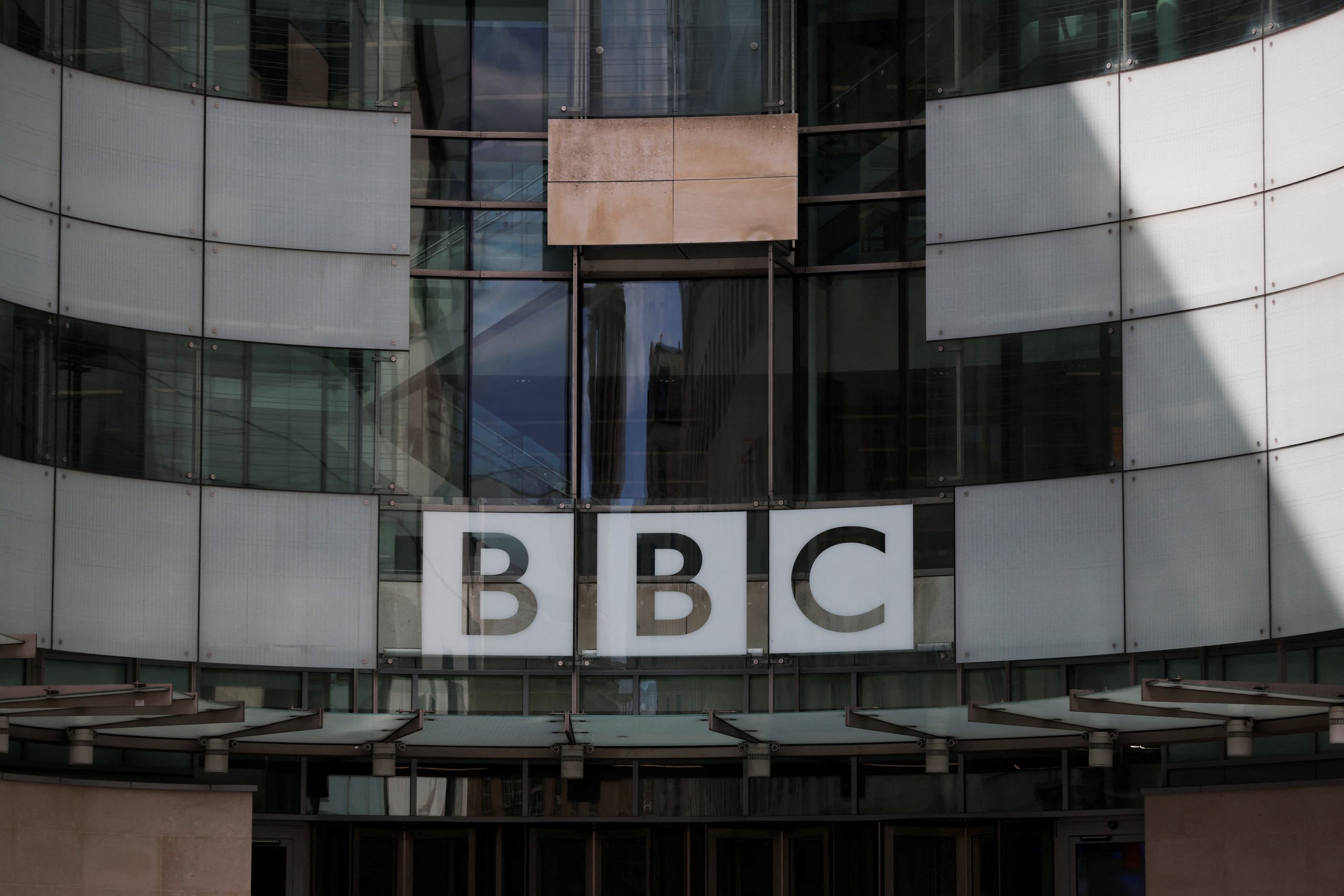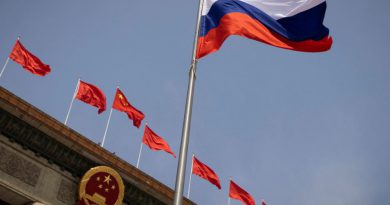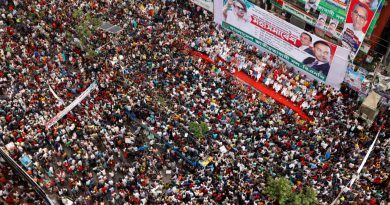BBC staff to launch new company for Indian language services
New Delhi (Reuters) – British broadcaster the BBC said on Tuesday its staff will launch a new company for Indian language services, in compliance with foreign investment rules that authorities in India alleged BBC violated.
The broadcaster is under scrutiny for alleged foreign exchange violations in India and an investigation was launched shortly after tax authorities searched BBC’s offices in Delhi and Mumbai in February.
The action by Indian authorities came after the BBC aired a critical documentary on Prime Minister Narendra Modi in January, examining his leadership during deadly communal riots in 2002, which prompted an angry response from the government.
The broadcaster said on Tuesday four staff members, including current India head Rupa Jha, would leave the organisation to form the new company named “Collective Newsroom” and provide services as commissioned by BBC.
“The regulations that govern publishing the news in India have changed,” BBC’s deputy CEO Jonathan Munro told staff in an email, seen by Reuters.
“The changes mean that any company publishing digital news content in India, must be majority-owned by Indian nationals,” he said.
Around 250 BBC staff will be asked to transfer to Collective Newsroom, which will be fully owned by its nine Indian shareholders, Munro and Jha told staff in a separate email.
The BBC did not immediately respond to a request for comment from Reuters on Munro’s email.
An Indian government adviser said in February that tax searches at the BBC’s offices were not vindictive. The BBC has said it was cooperating fully with tax authorities and hoped to resolve matters quickly.
The BBC did not air its two-part documentary “India: the Modi question” in India. The documentary examined Modi’s leadership as chief minister of Gujarat state during riots in 2002, in which at least 1,000 people were killed, most of them Muslims. Activists put the toll at more than twice that number.
The government dismissed the documentary as “propaganda” and blocked the sharing of any clips from it on social media. BBC said its documentary was “rigorously researched according to highest editorial standards”.
Modi, who is aiming to win a third term in elections next year, has denied accusations that he did not do enough to stop the riots, and he was exonerated in 2012 following an inquiry overseen by the Supreme Court. A petition questioning his exoneration was dismissed last year.



